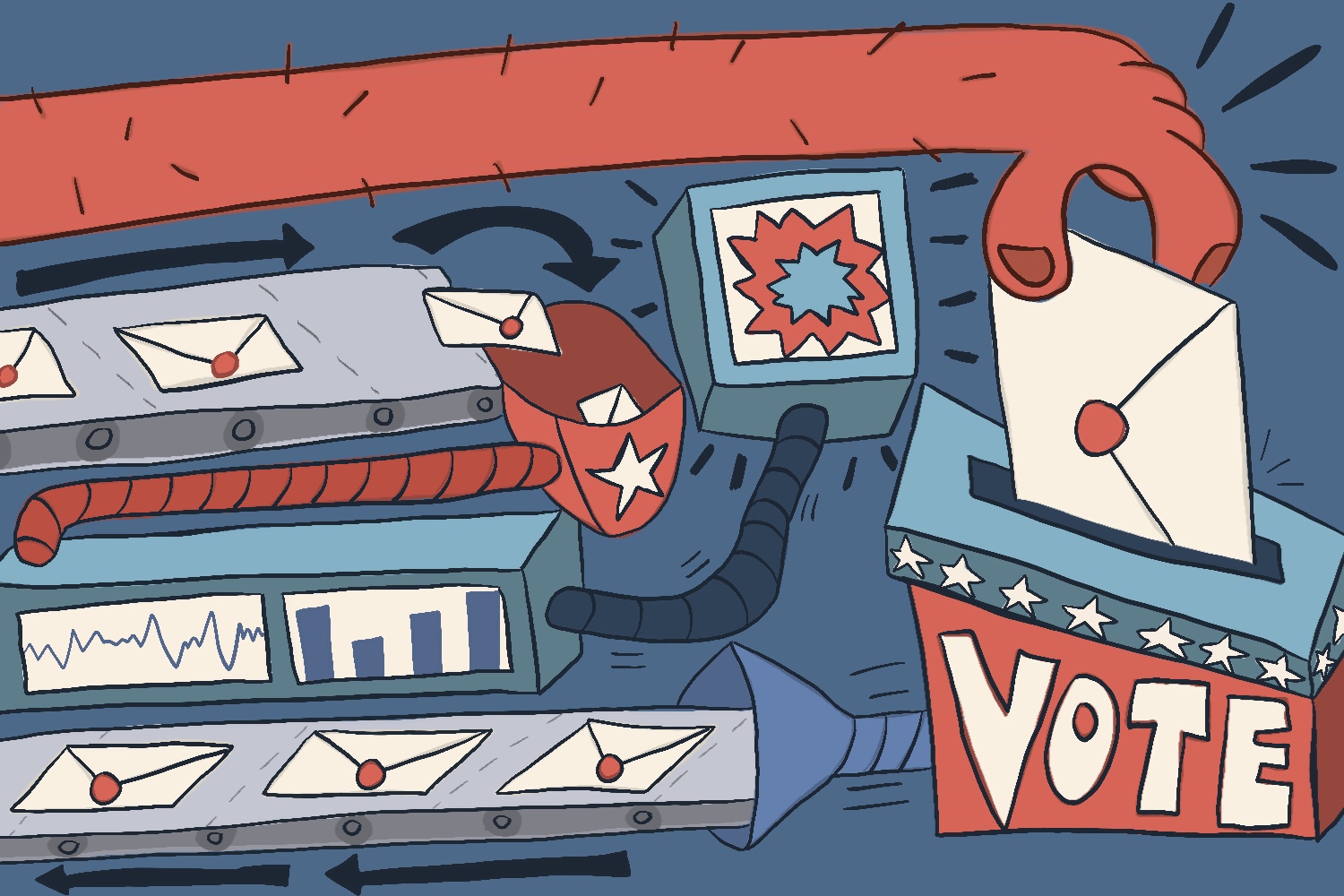How do African natives ford a large river with crocodiles eyeing them upstream and downstream? Cross where the river is rapid and the crocodiles can’t navigate. Will Hurd knows from crossing the Omo River to help weed a friend’s garden in the Ethiopian bush, where he lived for four months with the Mursi tribe. The Mursi are known for the large clay lip plates their women wear. Ethiopia is a country, roughly the size of Texas, bordered by Sudan, Kenya and Somalia. Will’s path to Mursiland started with visits to Native American reservations in the United States. Will Hurd since childhood was interested in his Creek and Cherokee ancestory, and hitch-hiked the Trail if Tears in 2000. On these reservations he spent time living with Native Americans, but found much of their culture was destroyed by America’s colonial history. He thought that remote Africa may be still contain untainted indigenous life. “90 percent of the Native Americans were killed by colonists after the arrival of Europeans. King George mandated that all blankets given to the Cherokee be infected with smallpox. After the genocide, comes the ethnocide, where any natives left had their cultures destroyed through boarding schools which washed the language out of the kids mouths with soap, and the bombardment of Christian missionaries beat what was left of their culture out,” says Will. In search of a more intact indigenous people, five years ago, Will walked into the remote Ethiopian bush alone. He trekked, and paddled rivers in dugout canoes until he found the Mursi tribe. “I had a guide from another tribe and he disappeared. I was left there with the Mursi, a people the park wardens had said would kill me. They told me to come along, so I went, I really had no choice and that is how my time with the Mursi began.” Will Hurd lived for a mtonth in grass huts. He ate their diet of sorghum porridge, an indigenous grain ground on ‘Golu’, a womens’ grinding stone, and gluttons of goat meat. He slept on cowhides on the ground and received the first of two tattoos, an upside down B, bump design on his arm, “everyone asked me what it meant, I didn’t know, but when I went back a second time the Mursi said it meant I was Mursi.” Will returned to Mursiland in 2004, for three months. “I wanted to learn the language and get deeper into the minds of the Mursi.” Will lived three days from a town and one day from a road, the women who fed him wore skins of the lesser kudu (a swirly-horned bush antelope). Cows blood, bled from a small cut in the jugular vein, was common fare. “My dreams in the bush were strange, but waking up was stranger. This place was like Mars.” However, this trip was very different than the first. Will not only learned the language, but was brought into a controversy he is still fighting to this day. “I was friends with the warden of Mago park. He said ‘Will, we’re having a boundary demarcation meeting, do you want to participate?’ I said ‘sure.’ During this meeting the warden’s boss said he was in favor of moving people. I knew from literature I had read, written by the anthropologist David Turton, that this was bad news and e-mailed David. He confirmed that something serious was afoot. Later I used my connections to find out that a Dutch non-profit conservation organization, the African Parks Foundation, was planning to turn Mursiland into a park. They wanted to erect an electric fence, and kick the Mursi out. I ran to another Mursi village and told them what was planned for their land. They held a lot of meetings and asked if I could do anything to help them. They have no e-mail, no telephone; most Mursi don’t even know they live in Ethiopia, they have no idea who the forces are that may be taking their land.” This is when Will’s role within the Mursi communities evolved from visitor to advocate. “I realized that I was one of the only people that could do anything for them, and if I turned my back on that I’d be an asshole.”Will is now heading a media campaign to raise awareness about the possible eviction of the Mursi. He has published articles with Cultural Survival and Survival International(to read these articles visit www.cs.org or www.survival-international.org and type Will Hurd in the search box.) Survival International joined the campaign and lobbied on the Mursi’s behalf to the UN and the Prime minister of Ethiopia. “We live in a place of such wealth, few of us are worried about our next meal. We live in a moral black market economy, where the wealth we have is stolen from less powerful people. Psychically we feel the backlash of living off the backs of poor people in developing countries. This is why, in America, there are so many people on Zoloft and Prozac. The only way I know to feel happy in this situation is, while our stomachs are full, to put out effort on behalf of the people being abused. While our stomachs are full we can afford to take on some mental stress for those less fortunate.” Will Hurd lectures, Cow Intestine Neckties: My Time with the Mursi of Ethiopia and Our Struggle to Keep Them on Their Land, will be presented, October 11th at 7pm, John Dewey Lounge, Old Mill.












